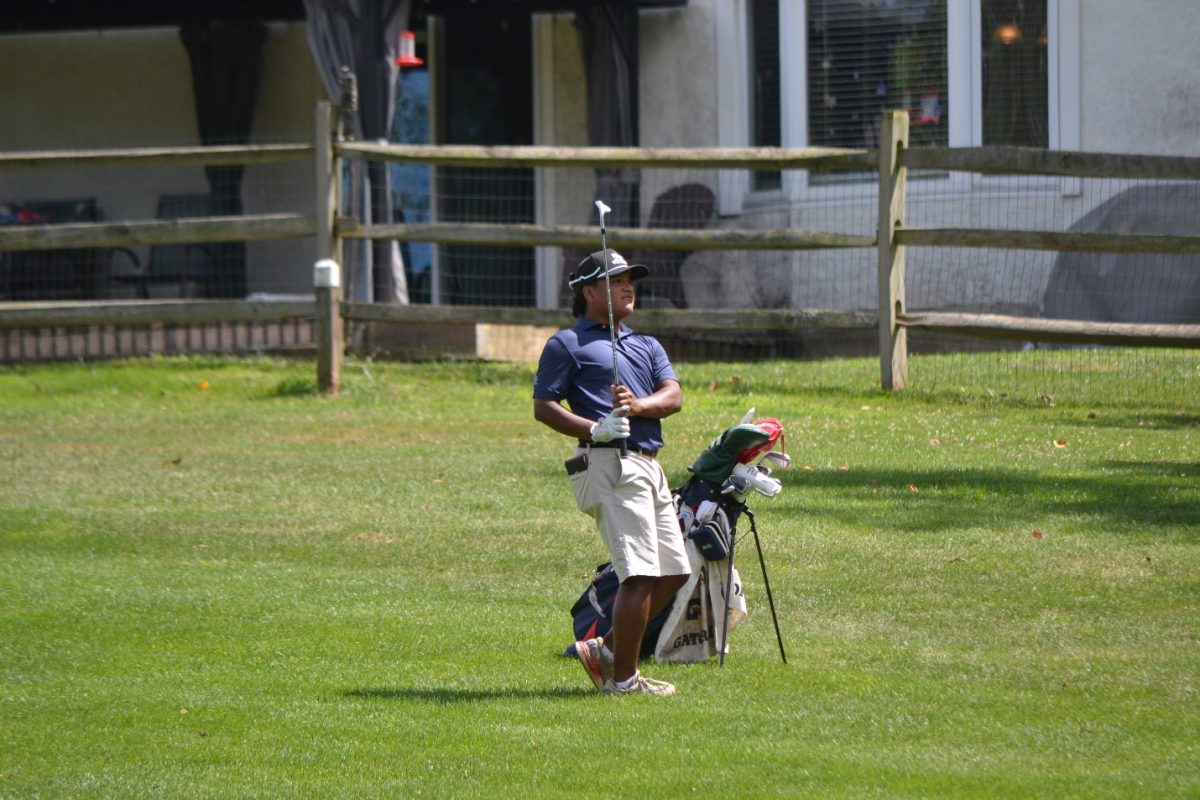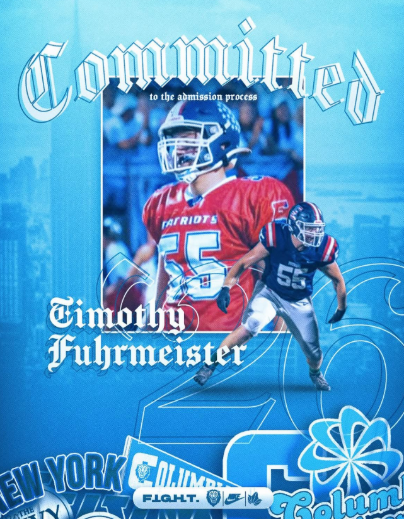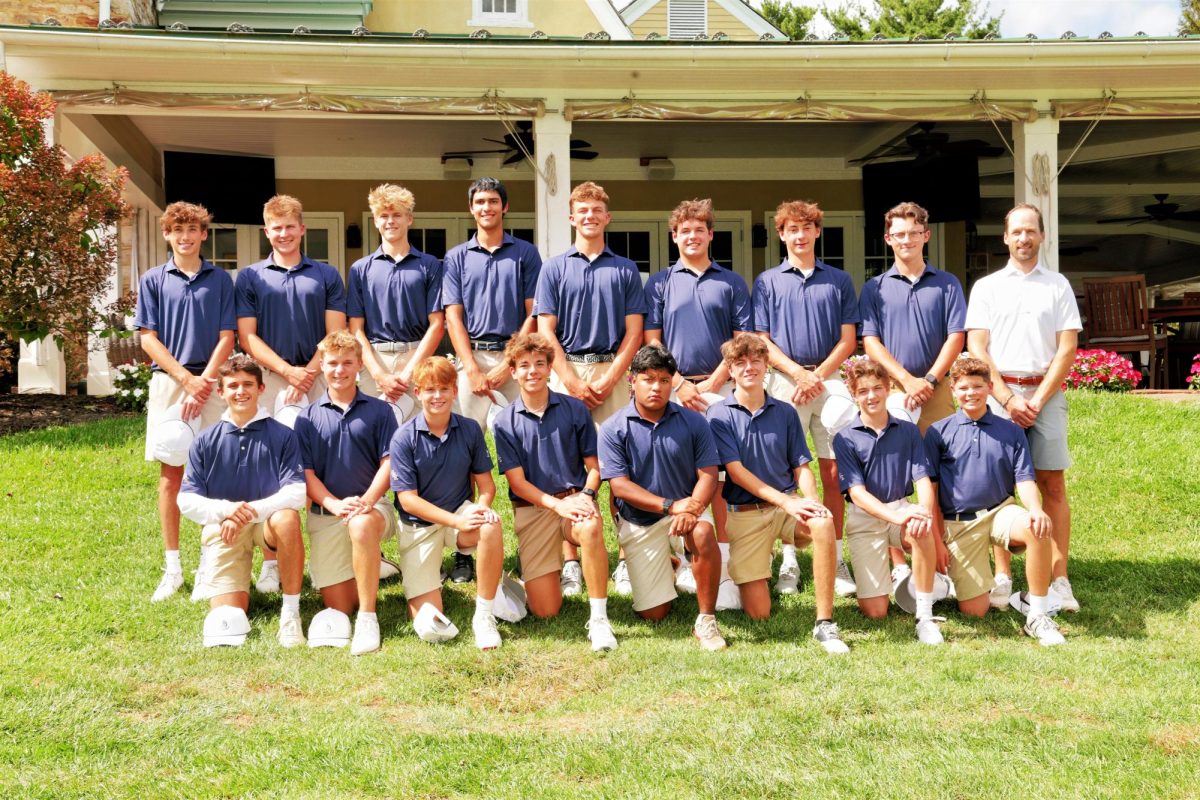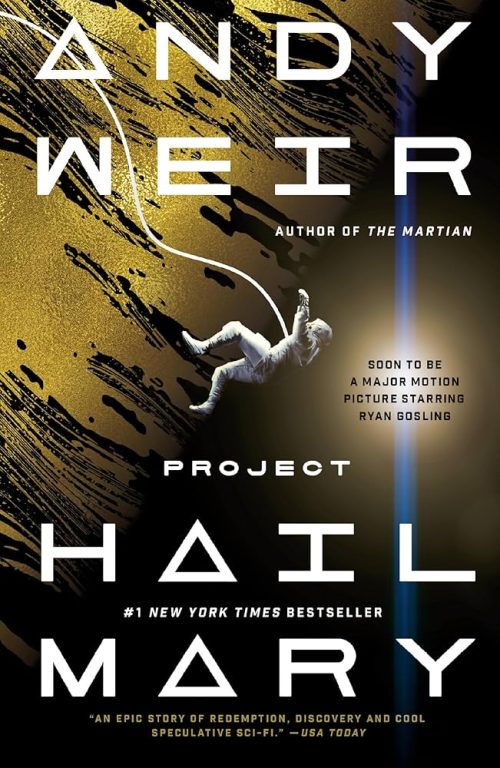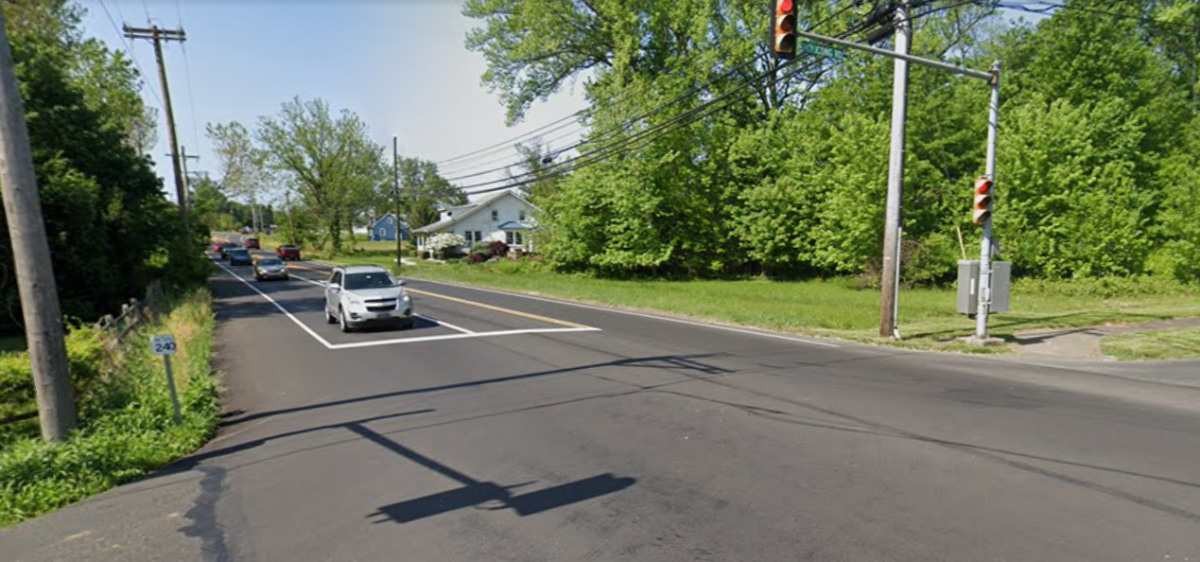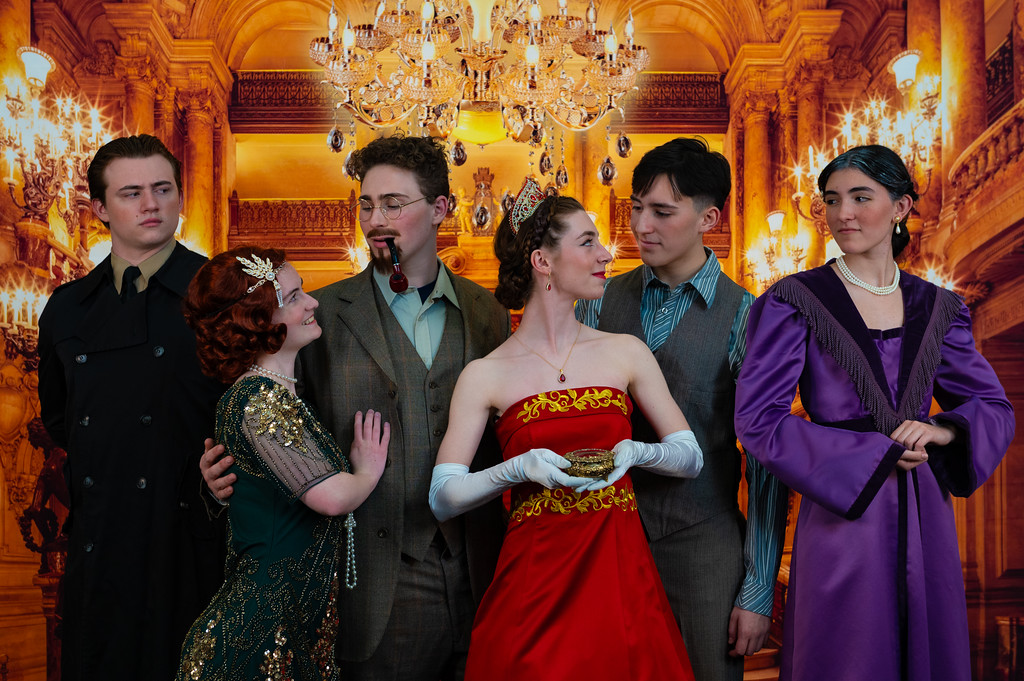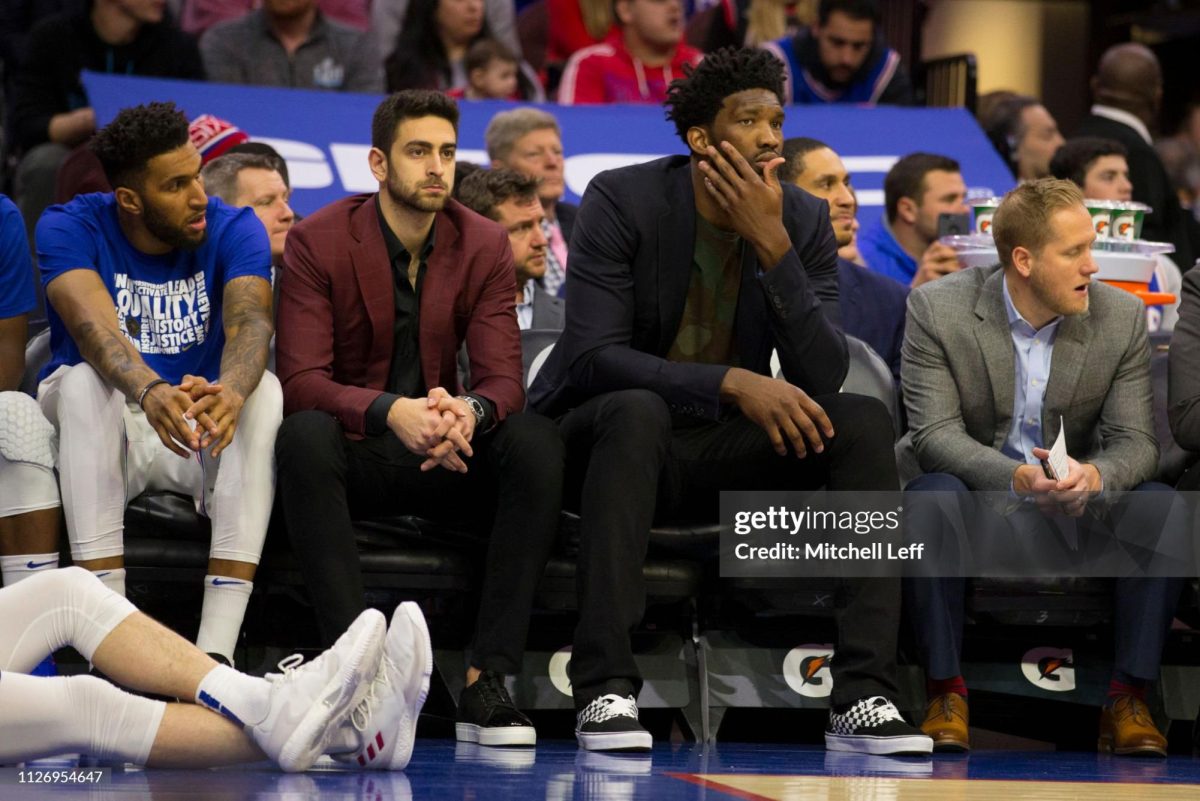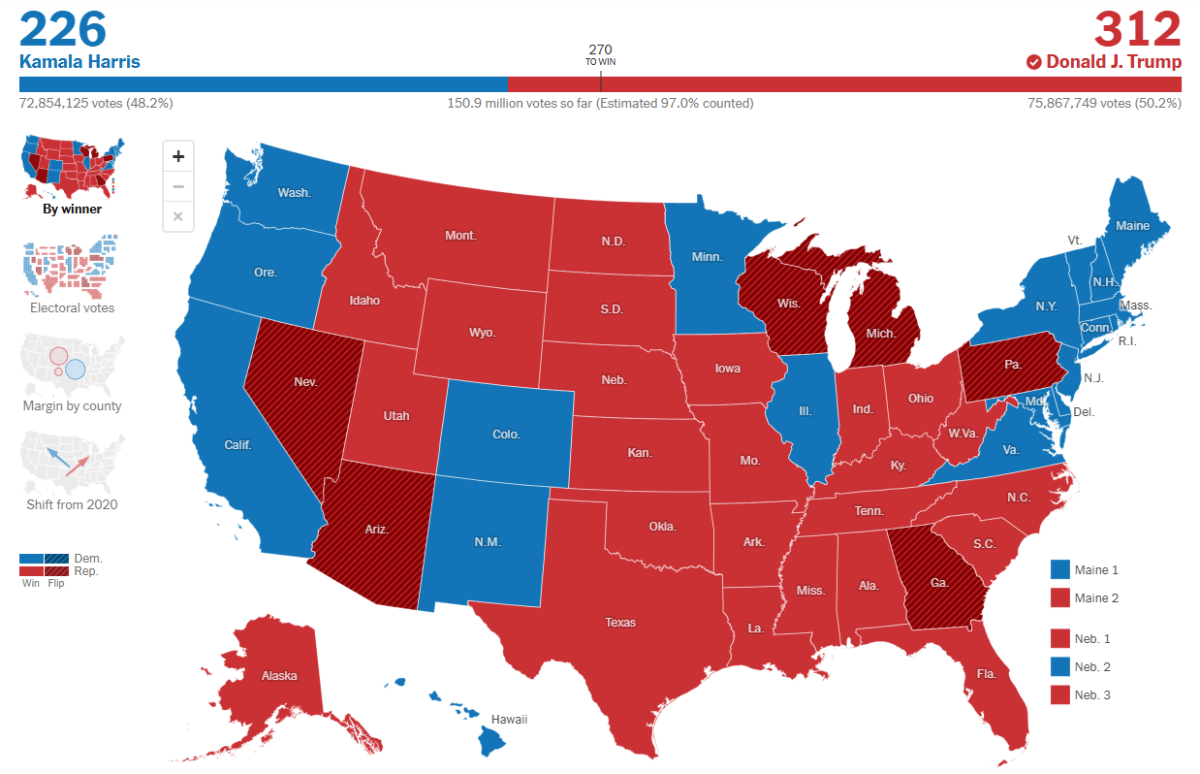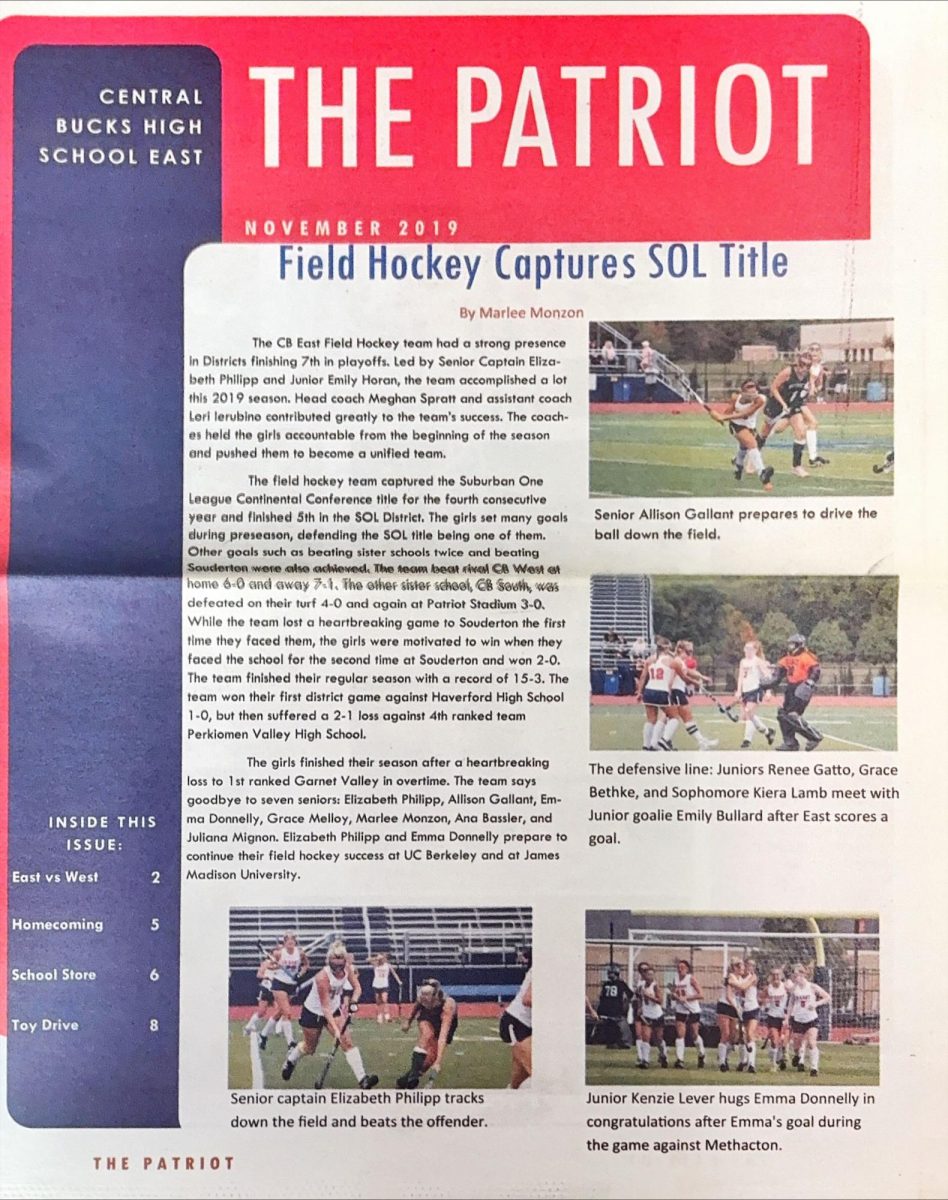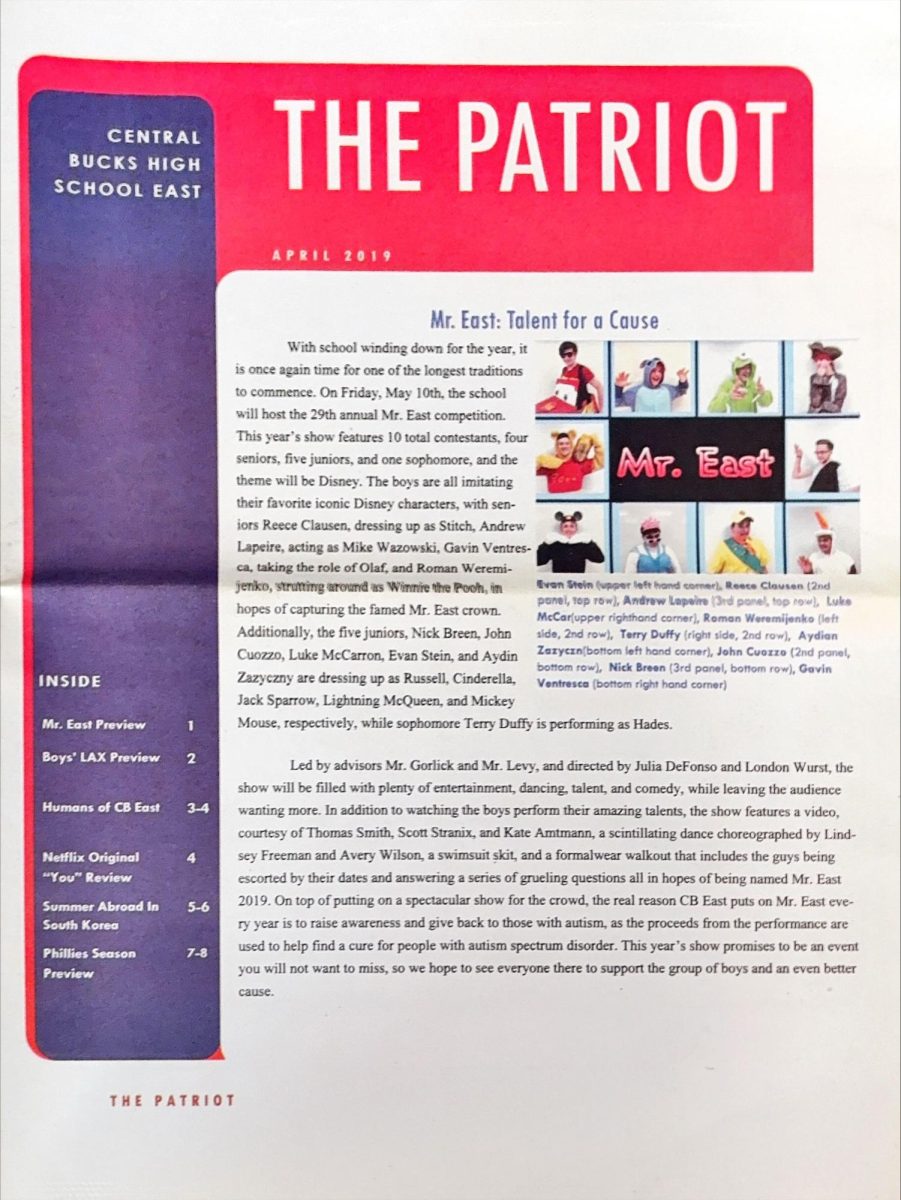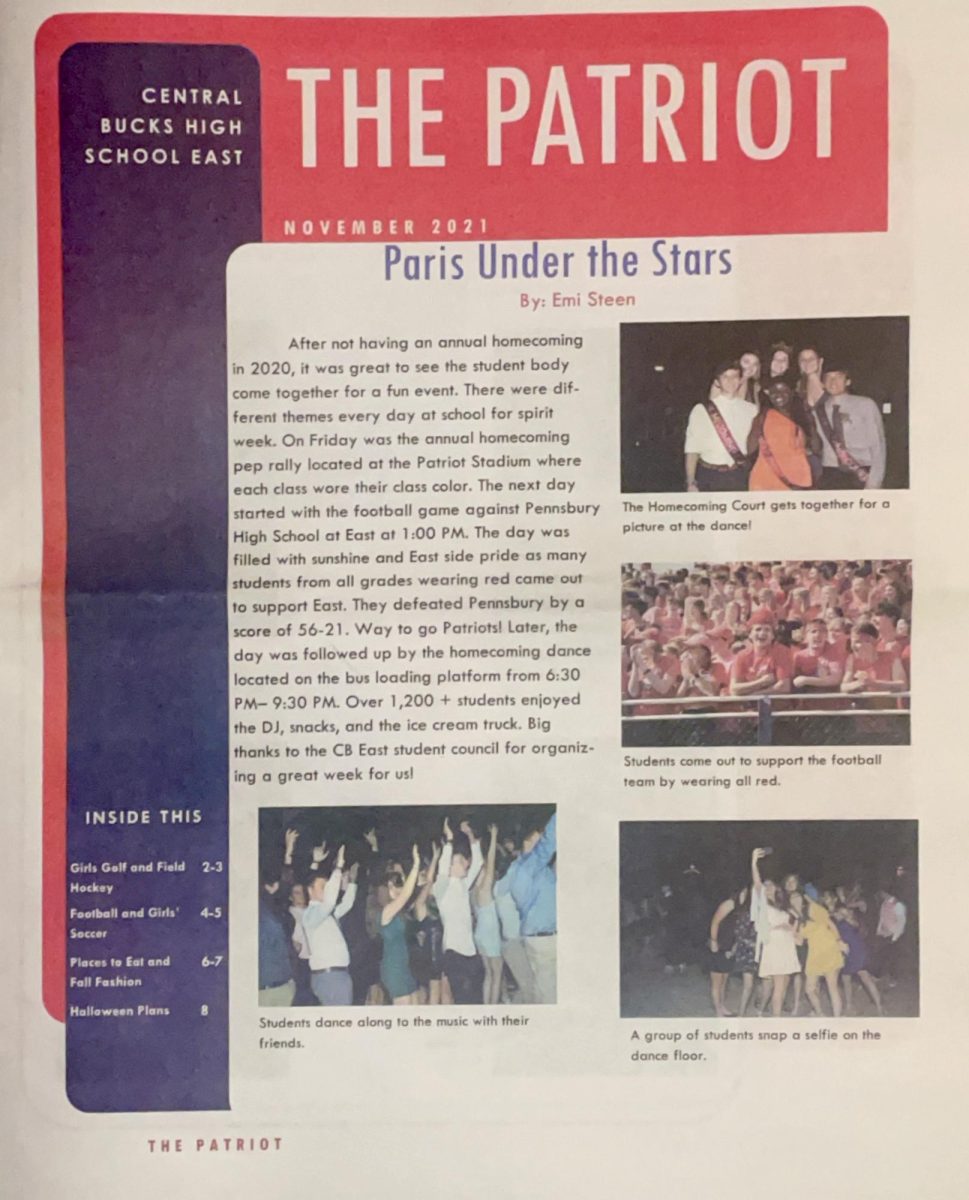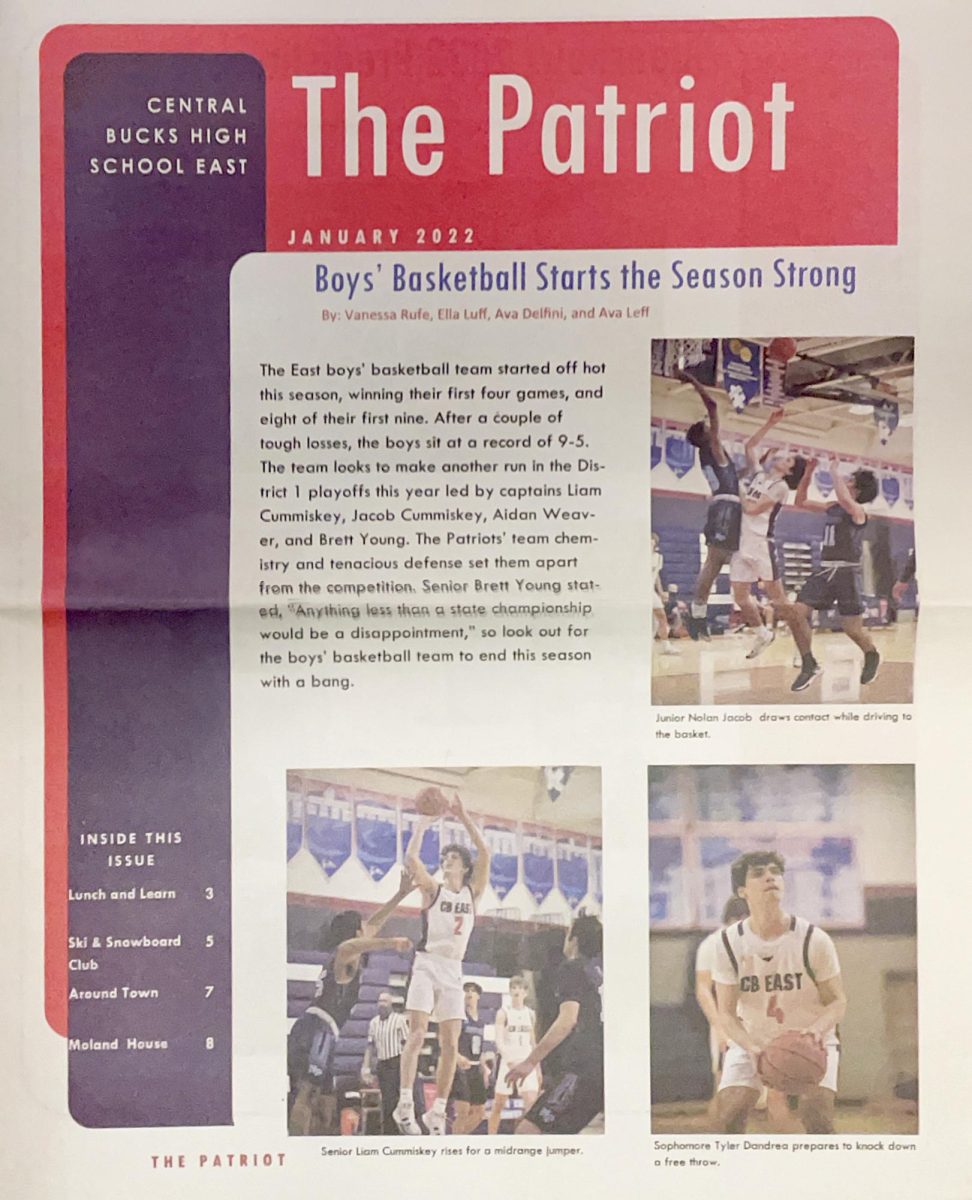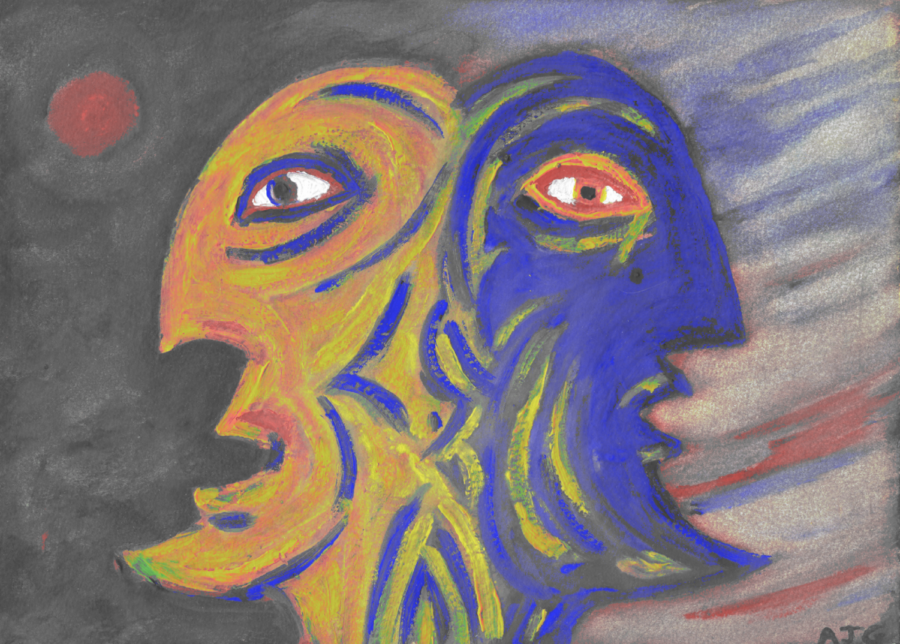Brotherly Contemplations
January 30, 2023
In the late 19th century, Massachusetts was a state renowned for its innovation and developments. Every aspect of life was drastically altered given the prominence of the industrial revolution. The agricultural nature of the state transitioned almost suddenly into a manufacturing economy. Because of these developments, some better off citizens belonging to the middle class found that they were capable of educating their children properly. Though education makes the man -the educated youth juxtaposed with the uneducated and working-class parents created a rather difficult social cleavage to overcome.
Our story within this small town begins with a young man, seventeen years of age, by the name of Simon. Physically: he was of very weak stature, delicate and frail. He refused to comb his hair, leaving a messy frizz of blonde tufts atop his pale face. Simon lived with his two rather cold and distant parents, and his older brother of twenty-one, Stanley. Stanley was superior physically, strong, built, with well-combed strawberry blonde hair, parted so as to display elegance and orderliness in his life. Though Simon was odd in many ways, he was bright. Stanley was far smarter academically, Stanley’s whole career plan as an author seemed to be predestined for him, unfolding more and more by the year, with countless articles already published in the New England Courant. Simon wasn’t quite as promising; though he did well in school, he didn’t have the same motivations his brother possessed, he never quite broke on through. Career wise he was a total mystery, his ambitions seemed to not extend beyond his humble means and origin. Despite the disparity in work ethic and motivation, Simon was no doubt more morally conscious than his brother. Stanley adopted a rather mature and refined biting cynicism at the age of thirteen. Teachers, Priests, and companions all respected Stanley for his intelligence, but never hesitated to debate with the young cynic. Simon never had this experience; he conformed to a very classical and pious moral system, one completely synonymous with the ethics of the Roman Catholic Church (to which Simon practiced). Granted; Simon, being young possessed a great deal of mysticism and spirituality too, he’d wander about in the woods, shoes off, nature crunching beneath the soles of his feet. He’d breathe in the moist air and exhale a vapor of natural rejuvenation, he felt in all of nature there was a fragment of God’s divinity, dispersed in everything, unifying all of us into one colossal and worldly system. Simon was well-liked and respected within his small community. The townspeople immediately recognized him as a good-mannered and kind young man, capable of great meditation, thought, responsibility, and astounding character. Nevertheless, Simon and Stanley fought often. Stanley had deemed all thought of Simon’s ‘irrational’ and ‘illogical’, it was Tuesday evening over some English tea, that the most recent quarrel broke out.
Simon raised the cup to his lips, the steamy tea with a crimson tint funneled into his mouth. Stanley had a rather serious expression, looking at Simon somewhat dismissively, somewhat bitterly, and somewhat arrogantly. Stanley did love his younger brother, nobody could take that away from him, but there was something about him that always made him envious. Stanley had always felt superior, considering his age, his productive nature, and his future as an author, he felt that he was a greater achievement for his parents than Simon. Strangely enough, Simon never looked at it that way. Simon rarely compared himself to his older brother. Though he wouldn’t confide in Stanley as he would a friend or a priest, he knew that he was his kin. There was a time, a couple years prior, when Stanley could infuriate Simon. Simon would get all red, steam from his ears, and shout at the top of his lungs at his bully of a brother. Once more, that was some time ago; now Simon was completely in touch and at peace with his emotions. Regarding which, Simon possessed a very strange sort of discipline and self-control with how he felt and how he expressed himself. In times of sorrow, he was capable of expressing complete helpfulness, just enough to sympathize with someone in need, just enough to offer a hand or an ear, but never too much so as to betray any feeling of ulterior motive. Peers and neighbors alike felt completely comfortable around Simon, who seemed to welcome anyone no matter the circumstance, into his warm and compassionate heart. This emotional regulation of Simon and his virtuous behavior only made Stanley more envious. Stanley didn’t understand at all the respect his brother received. He knew he was a good guy, but surely respect isn’t awarded simply for being a good guy. Not to mention, in terms of intelligence and discourse, Stanley always eclipsed Simon in terms of logic and reason. In arguments regarding God, virtue, civic duty, governance, justice, even the afterlife, there was hardly a topic that Simon could best Stanley in a debate. Returning to the table of tea and debate, our dear brothers each waited for the other to speak first. Stanley had his arms folded; Simon sat properly with his arms at his side. Stanley, still offended by the presence of his younger brother, began quite unexpectedly:
“Simon, though you are my brother and I love you with all my heart” -his voice gave in to a somber monotone- “I no longer wish to have these debates with you, though I argue and argue, I cannot seem to knock any sense through that thick skull of yours”. Stanley then opened his arms so his whole truth, absolute and honest, seemed to be exposed to Simon. Simon who immediately fell into worry seemed to stammer,
“What do you mean? I was never arguing, I merely love talking to you. Though we disagree on our beliefs and the nature of our existence, that has never hindered my love for you –I’ve only loved you all the more for it”. Though Simon spoke with his heart, the abrupt sigh from Stanley told him all he needed to know. His brother truly disliked him, with the two being far too different in character and behavior to reconcile it. “Don’t lie to me, if you love me as you say, it is not because I am your brother. If you love me merely because we are brothers, and resent my actual character, then we are not brothers at all. My friends make better brothers.” Stanley seemed almost irritated, his eyebrow trembled a little, the muscles in his neck tightened.
“I was only trying to be nice to you, you fragile thing!” He rose frenziedly from his seat, nearly spilling Simon’s tea. “In truth I don’t care to lie to you about love, I love you as I love anything! What did you do to earn my love? Or anyone’s for that matter? You carry yourself as if you are so virtuous and profound, so calm and harmless, but you’re just a fool! I’ll refuse to love such a fool merely because he is my brother.” With that Stanley stormed upstairs to his room, Simon was left with a small puddle from spilled tea and a wounded heart.
After cleaning up the mess of tea and pushing both chairs in, Simon figured it best to let Stanley cool off, so as to not upset him more. Leaving through the screen door, he walked silently and thoughtfully through the matted path in the woods, just beyond their backyard shed. The path was rather messy, with cicadas chirping away at every step. Simon fell deeper and deeper into rumination:
“I have not wronged my brother, but I have not done him any service either. Why does he hate me so? Why does he not understand, the warmth I offer him as my brother is unlike that of anyone else I conversate with? I don’t care if we argue, I liked talking with you every night. It doesn’t bother me if you dismantle my arguments and refute me, I just admired the reason of your mind all along. Oh, brother, what direction will you choose in the uncertain journey of your character?”
As he stepped along the trail, with dirt chalking onto his feet, a luminescent butterfly with bluish wings seemed to flutter about. But Simon immediately realized it was but a moth, grayed and browned with nature’s ever dynamic caress. Overcome by the dizziness of fatigue, he laid just beneath a spruce tree, resting his head against the exposed trunk.
“Thought, thought, pondering, pondering, here on this hopeless day… And I know even less than I did before. I know not why he hates me. I know not how to remedy it. I know not what I am to do when confronted with such a challenge. Though I wonder, I’m tired. The hands of angels lull me to sleep, and I am not foolish enough to disobey”.
Through the divinity of a guiding spirit, Simon fell asleep there beside that tree. Upon awakening calmly, stirred by the whistling winds of early spring. As one awakes from a bad dream -forgetful, uncaring, and relieved- our dear Simon rose from the carpet of dirt and trotted back to his home. Though no answer was prophetically revealed to him, he felt within the most certain crevices of his heart that all was as it was indifferently intended to be.
“Should he return to me, I’ll always forgive him. I’ve already forgiven him. Should he forever resent me, his own brother, and kin, then I’ll have forgiven him, nonetheless. Confused brother, let thy wandering soul take you far before reminding you of my brotherly compassion for you.”
